
Discover more from Weapons and Strategy
Should Poland be armed with Nuclear Weapons? What about the EU?
Concern is growing the US May Opt Out
Writing in the London Spectator, a scholar from the American Enterprise Institute, Dalibor Rohac, says that Poland should have nuclear weapons. Rohac claims "When it comes to Trump-proofing the security of Eastern Europe, few measures would be as effective as arming the largest country of the region – Poland – with nuclear weapons."

A similar argument could be put forward for South Korea and Taiwan. Nuclear weapons for South Korea would match the nuclear missiles in the hands of North Korea. Taiwan, with nuclear weapons, could offset China's nuclear threat to the island.
Does any of this make sense?
In past years the United States has strongly opposed the proliferation of nuclear weapons by other countries, with exceptions made for the UK, France. The UK "shares" its nuclear arsenal with the United States. France has its own nuclear deterrent, the Force de Frappe (sometimes called the Force de Dissuasion).
Israel, a US ally but not a NATO member, does not admit it has nuclear weapons, but Israel allegedly has nuclear armed Jericho missiles, nuclear gravity bombs, and more recently submarine nuclear armed cruise missiles.
From time to time the US has tried to cut off Israel from nuclear technology and force it to open up about its nuclear development facility in Dimona, in Israel's Negev desert. Israel neither confirms nor denies it has nuclear weapons and, in the past, has said it would not be the first to introduce nuclear weapons in the Middle East.
The Dimona complex has recently been expanded.
The US reportedly halted the nuclear programs in South Korea and Taiwan. When the US announced it would reduce its presence in Korea and pull US troops out of the country in July, 1970 South Korea sought to get plutonium from France to build atomic weapons. In 1975 the United States persuaded France not to deliver plutonium to South Korea, and the US took other steps, including access to long range rocket technology, to force South Korea to halt its nuclear program.
Given North Korea's nuclear weapons, the North Korean decision to abandon its policy seeking reunification of North and South Korea, and its launch of short, medium and long range missiles seen as a deliberate provocation, and comments by South Korea's President, have renewed South Korean interest in obtaining nuclear weapons (even though South Korean President Yoon Suk-yeo has walked back comments supporting renewed efforts for South Korea to get nuclear weapons).
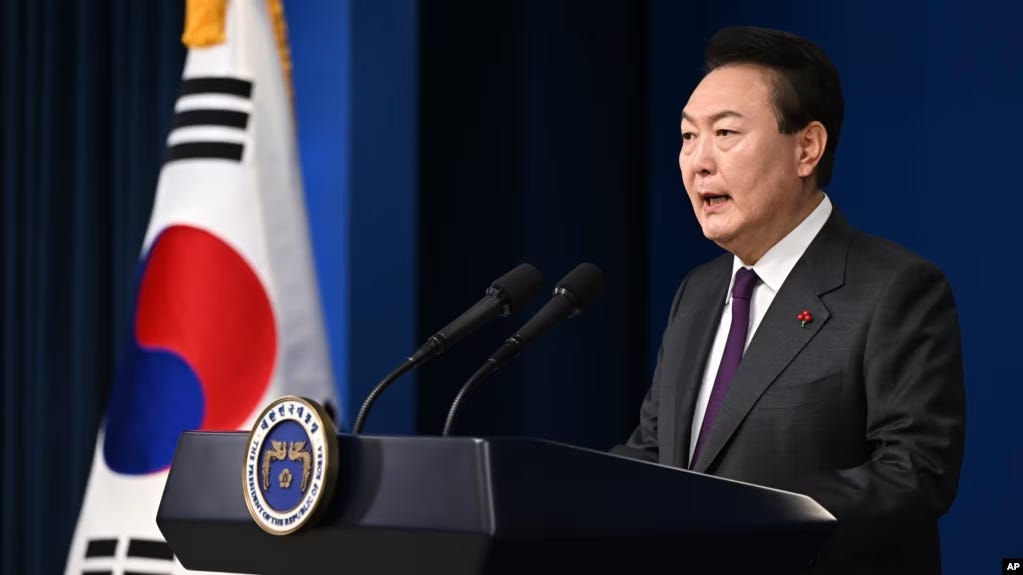
Taiwan is a more complicated matter. In 1972 Richard Nixon ordered US nuclear weapons, stored at Taiwan's Tainan Air Base, removed. This was a follow-up to the US rapprochement with China that started in July, 1971 when Henry Kissinger made a secret trip to China. A year later, in 1972, Nixon himself would go to China. In effect, the US removed its nuclear deterrent from Taiwan, and took other steps de-recognizing the island. The Nixon administration, had Congress not intervened, would have left Taiwan to its fate. This has left Taiwan second-guessing whether the United States would come to its aid in case of a Chinese invasion of the island.
Taiwan had long sought nuclear weapons and had a secret program going back at least to 1967, mainly carried out by the Taiwan Institute for Nuclear Energy and Research. In 1973 and 1974 Taiwan bought a significant amount of uranium from white-ruled South Africa which had its own nuclear program. Pressured by the United States, Taiwan agreed to dismantle its nuclear program, but the program secretly continued. In 1980 Taiwan ordered 4,000 tons of uranium metal from South Africa. Taiwan ended its effort to build nuclear weapons in 1987 because it could not produce a small enough weapon that was deliverable against China.
In effect the United States wanted to control nuclear weapons and not have its allies, other than France and the UK, have an independent program. Nonetheless, Italy was fairly far advanced on its own, independent nuclear program (Italian scientists including Enrico Fermi contributed significantly to the Manhattan Project in the United States). Similarly West Germany was also working on its own program, although coordination between France and Germany on nuclear weapons has been debunked. The US was able to persuade these countries not to move forward unilaterally. Not only did the US put its own nuclear weapons in both countries, including gravity bombs and missiles, but it put in place nuclear sharing agreements with Italy, Germany and others.

Despite domestic opposition in Germany and elsewhere in Europe, the US was able to place 108 Pershing-2 missiles in West Germany at Neu-Ulm, Mutlangen and Neckarsulm. These missiles were designed to counter Soviet SS-20 nuclear missiles, but they were dismantled after the Intermediate Nuclear Forces agreement with the USSR went into effect in 1988. In October, 2018 President Trump notified Russia the US was withdrawing from the INF Treaty because Russia wasn't complying with INF missile restrictions. With the US on its way out, Russia ended its own INF participation in 2019.
US nuclear cooperation has not been offered in Eastern Europe or to other new NATO members. One of them, Sweden, had produced a nuclear bomb in 1965. It was planning to produce four more. But opposition to nuclear weapons grew in Sweden and, by 1967, Sweden ended its bomb program.
Ukraine is not yet a member of NATO although it is on track to eventually become one. In 1992, after Ukraine became independent, it agreed to have Russia remove its nuclear weapons from Ukrainian territory.
Russia in late 2023 deployed tactical nuclear weapons to Belarus. According to Belarus, these weapons were put there to "deter Poland."
Part of the reason behind the Belarus deployment was Russia's intention to match the alleged potential deployment of US nuclear weapons to Poland. Russia has said it believes that the US has nuclear weapons in Poland, or ones that could quickly be put there as part of the AEGIS Ashore air defense system. The AEGIS vertical launch system supports air defense interceptor missiles, but it also can launch Tomahawk cruise missiles. The US retired its Tomahawk nuclear warheads after the INF Treaty was signed, but the Russians apparently believe the Tomahawk could be turned into a nuclear delivery system easily. This potential, in Russian eyes, probably justifies the Belarus deployment as a Russian countermeasure, although there may be other causes for Putin's action.
There are calls in the United States to bring back the nuclear Tomahawk.
The Russians also think the US may move other nuclear delivery systems to Poland, including F-35 fighter jets that can drop nuclear gravity bombs. Russia is aware from western reports that NATO nuclear sharing will include the F-35.
Poland has already asked the United States to station its nuclear weapons on Polish territory but was officially rebuffed. Polish security experts and former generals want Poland to get its own nuclear weapons, seeing too much risk otherwise.

At the present time, the EU is spending billions on arming and supporting Ukraine and urging its member states to supply weapons including fighter aircraft, artillery systems, and other war fighting material. Poland has energetically backed the EU initiative, and acts as the major staging area for Ukraine-bound armaments. Both the EU and NATO fear Ukraine could lose the war with Russia, or the war could spill-over to Poland. With increasingly empty conventional weapons' arsenals in Europe and the United States, the nuclear option looks more attractive to many. Having a nuclear deterrent, in the view of some Poles, would give Russian leaders second thoughts about launching an attack on Poland and, ipso facto. on NATO.
There is fear among European elites over the looming election bid of Donald Trump, compounded by his negative statements on NATO, which he called “busted.”. Will Europe be cast adrift without US protection? Will the US nuclear umbrella, the bedrock of European security, disappear? Should Europe be prepared for its own defense without the United States?
These are hard questions for Europeans and for the United States. If the US either under Biden or a future Trump presidency decides to stay the course in Europe, nuclear weapons’ deployment will have to be on the agenda. Otherwise current-day European leaders may go down the nuclear road on their own.

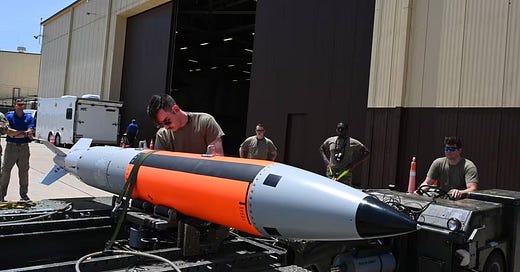




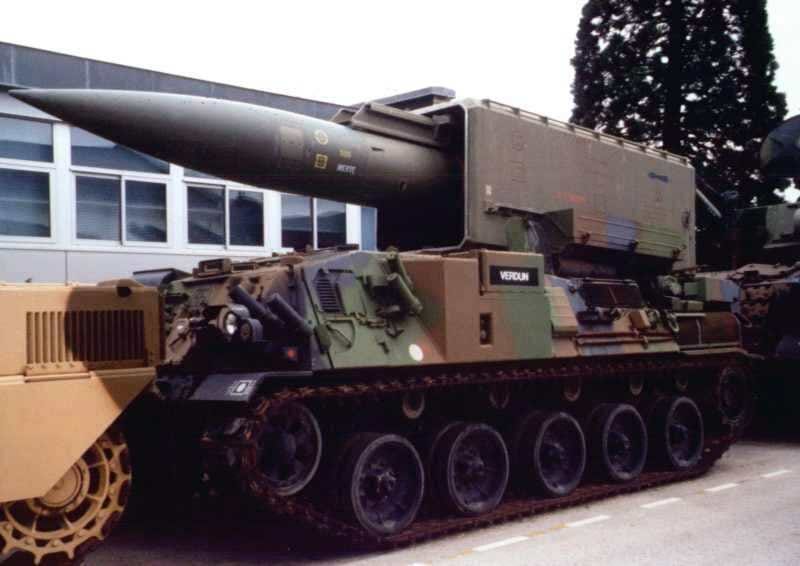

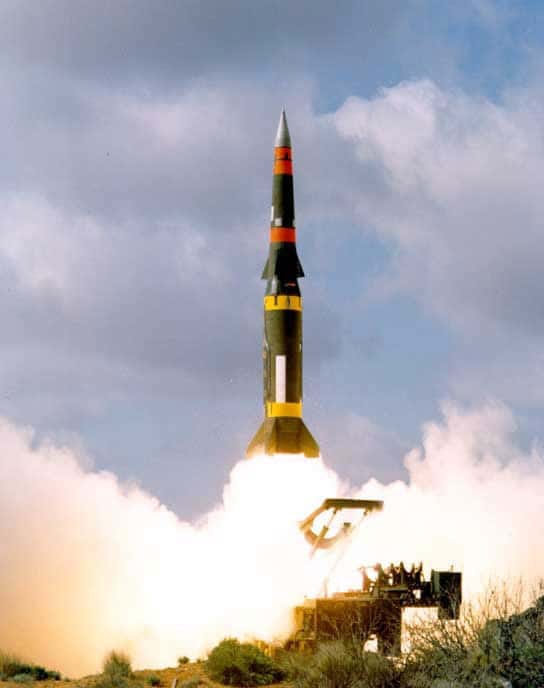
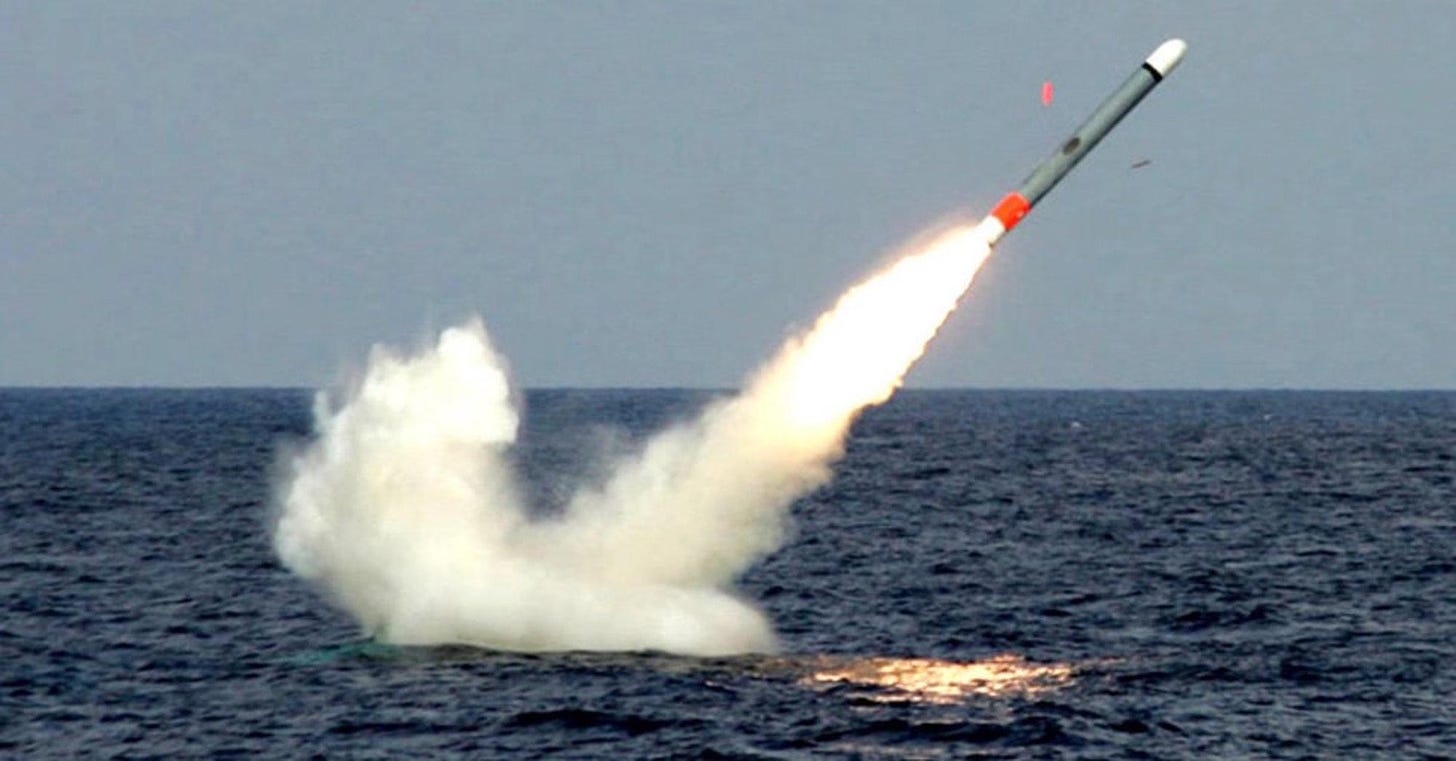





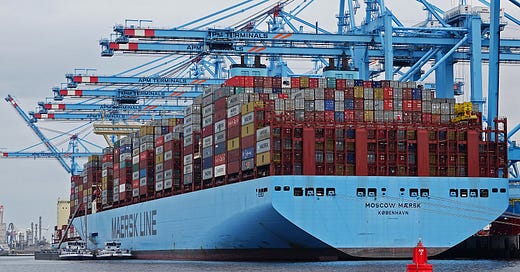

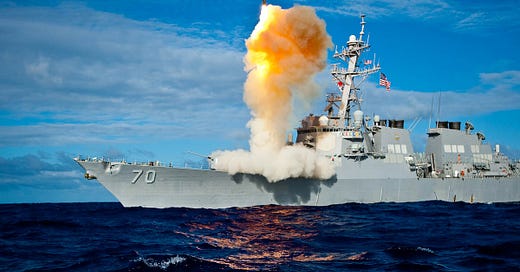



Good essay, thanks. It does occur to me, though, that having a nuclear deterrent and not much else is a terminally dangerous position. Pressing the big red button means THE END. Yes, yes smaller-yield tactical weapons can be used but we all know that that will escalate until cities and then countries are erased. And the Russians have a huge arsenal of nukes.
When the only option is certain death there are, in fact, no options.
One reason the post war American security policy makers set NATO up was to keep Europe subservient to the USA. they feared a recovered Europe would become a peer militarily and would not be our friends. They only play our game so as to keep them supporting social programs it could not otherwise afford. Europe will rearm and they won't be old friends. Europe does not share our values anymore. Also, to state the obvious!!! Threatening to include Ukraine in NATO is what led Russia to attack. Imagine what they would do if Poland got the bomb? They won't allow it for the same reasons we blockaded Cuba. Americans are seriously myopic when it comes to understanding our opponents. When I see the typical comment Russias invasion " was unprovoked" it tells me they are clueless as to the history and strategic realities of those countries. Puleeze! We would preemptively strike if China gave Mexico nukes or allowed Chinese armies to be in bases along the border.